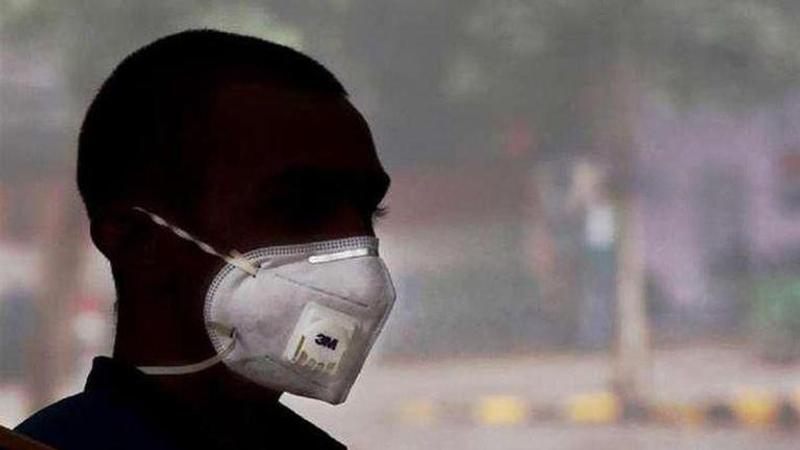Published 18:19 IST, September 15th 2020
COVID-19: How different masks stop the virus; US researchers conduct a study
Researchers from Duke University conducted an experiment where they analysed 13 kinds of face masks to determine the best to stop the spread of the virus

With face masks becoming the new normal due to the COVID pandemic, researchers from Duke University in US conducted an experiment, where they analysed 13 kinds of popularly used face masks to determine the best to stop the spread of the virus. The researchers found that well-fitted valve-less N95 masks, triple-layer surgical masks, and double-layer pleated cotton masks (that can be tied tightly) are the most effective in stopping the spread of the coronavirus (Covid-19).
In a bid to track in infection, the study was based on an experiment in which a person all 13 kinds of masks and spoke in the direction of an expanded laser beam inside a dark enclosure for 10 seconds. While the person is speaking, both, the audio and the video were recorded with an additional 20-second recording. Microscopic droplets are common when someone speaks.
The recording was done through a cell-phone camera. Looking carefully at the droplets, the researchers went towards the laser beam and scattered the light. If this were a person infected with COVID-19 these droplets would likely be infectious.
Conclusion of the experiment
In conclusion, well-fitted valve-less N95 masks, triple-layer surgical masks, and double-layer pleated cotton masks make sure that less than 15% of the droplets escape when compared to the number of droplets generated when someone spoke without a face cover.
What came across as comparatively less effective masks were the double-layer cotton masks even though they were at 20% transmission.
Meanwhile, a bandana failed to stop half the droplets, while a fleece – thanks to the usual material they are made of – actually made droplets worse. This was because this sort of material split droplets into smaller particles, which can linger on in the air for longer.
Updated 18:19 IST, September 15th 2020



